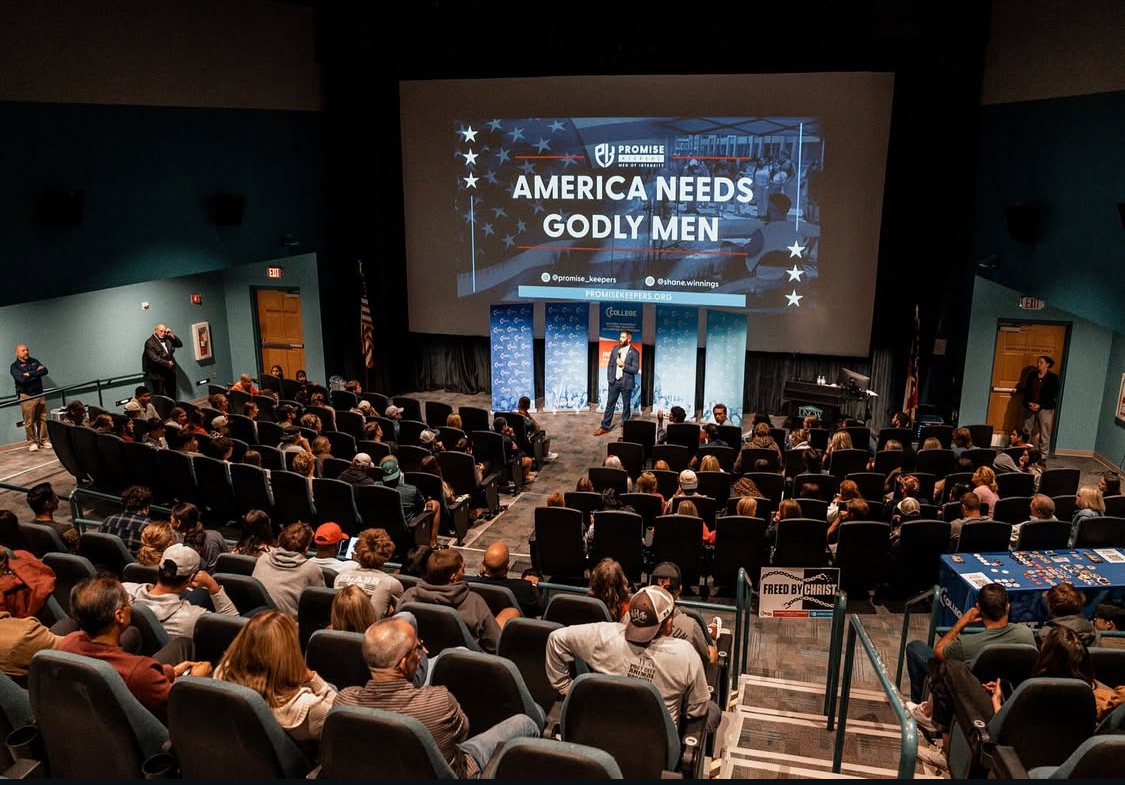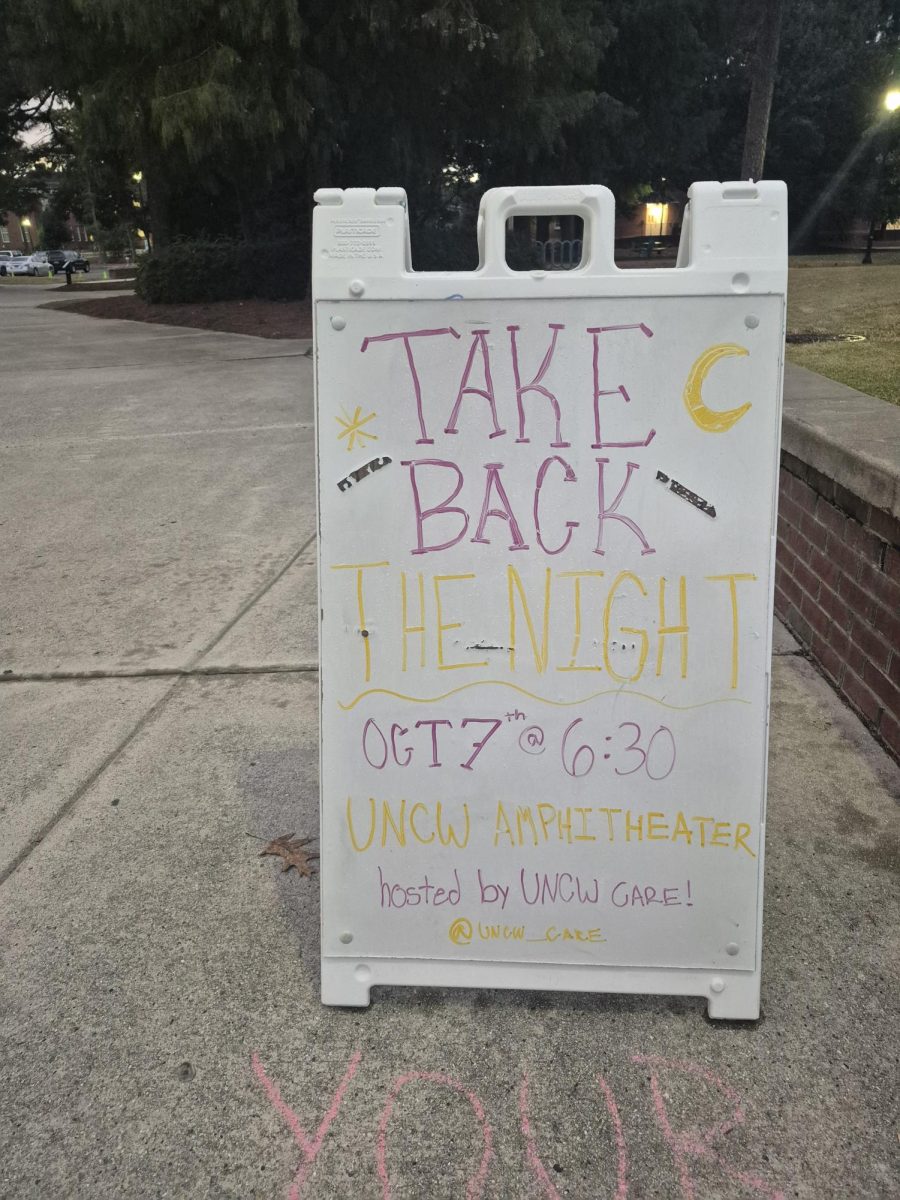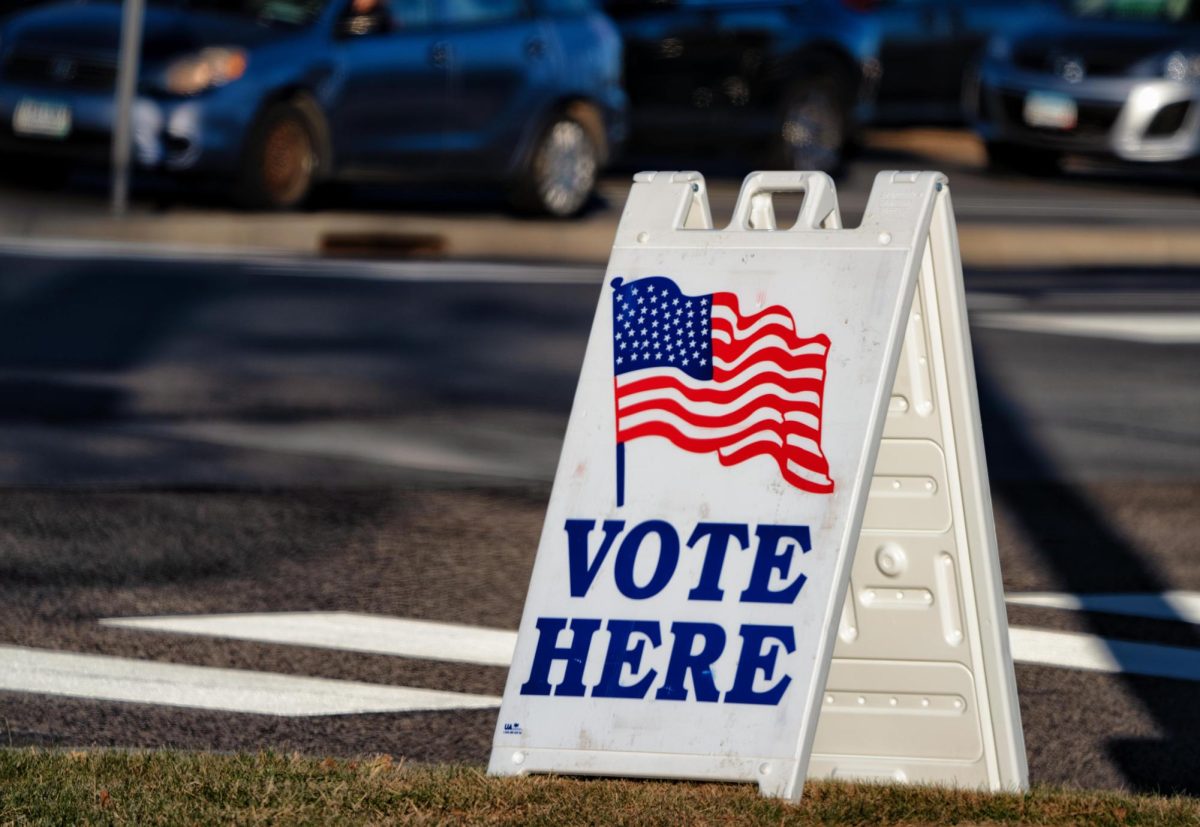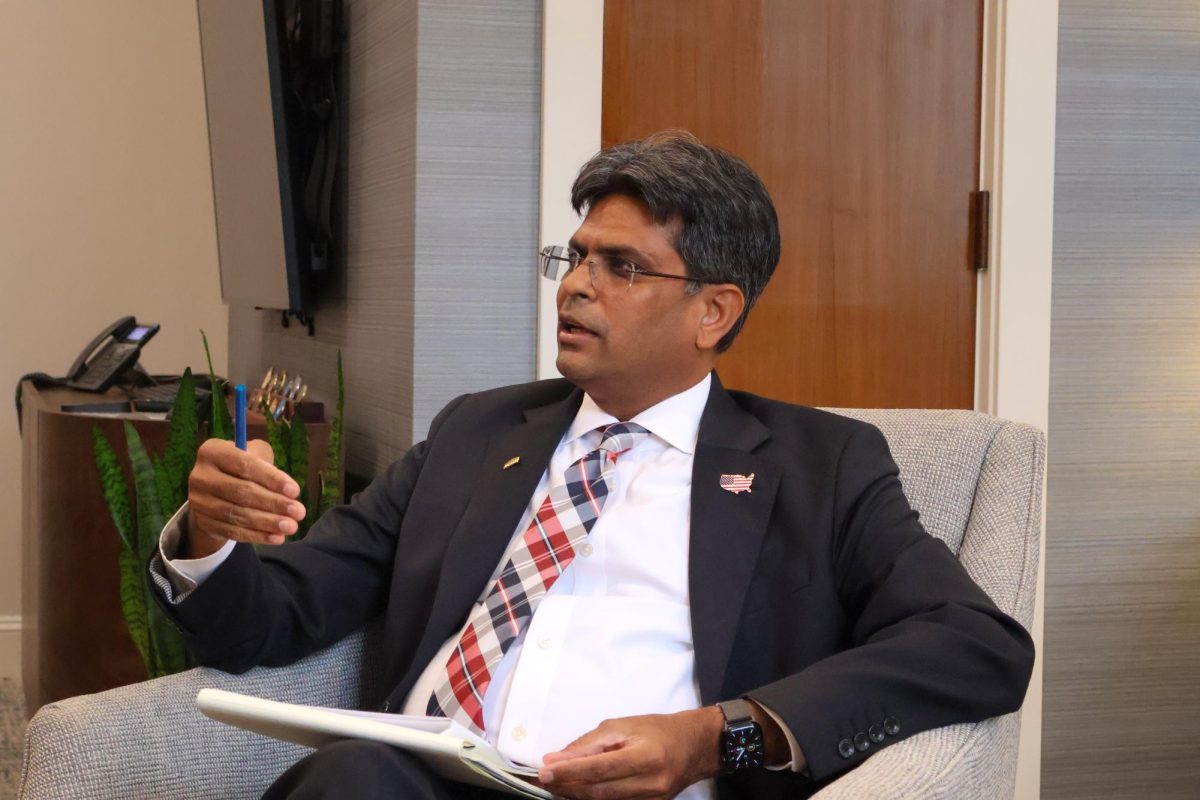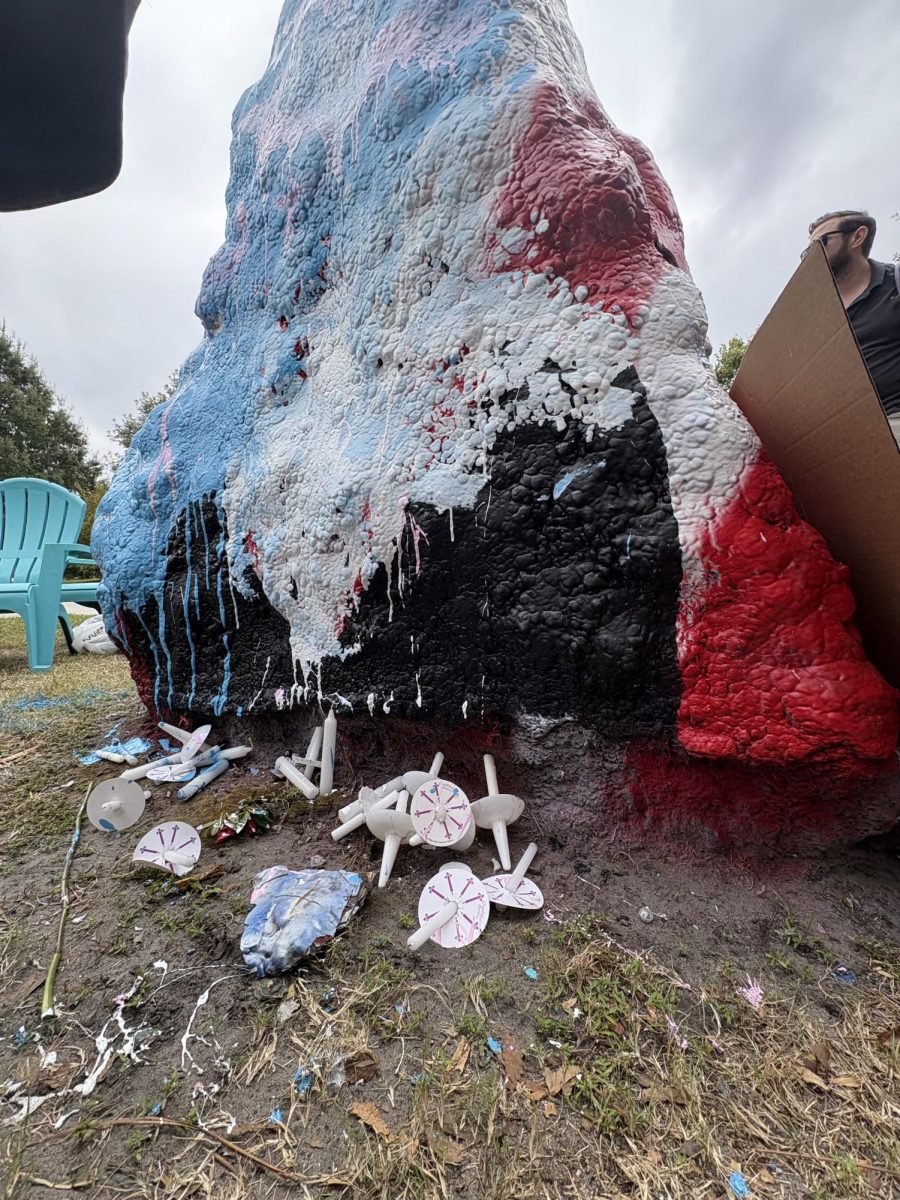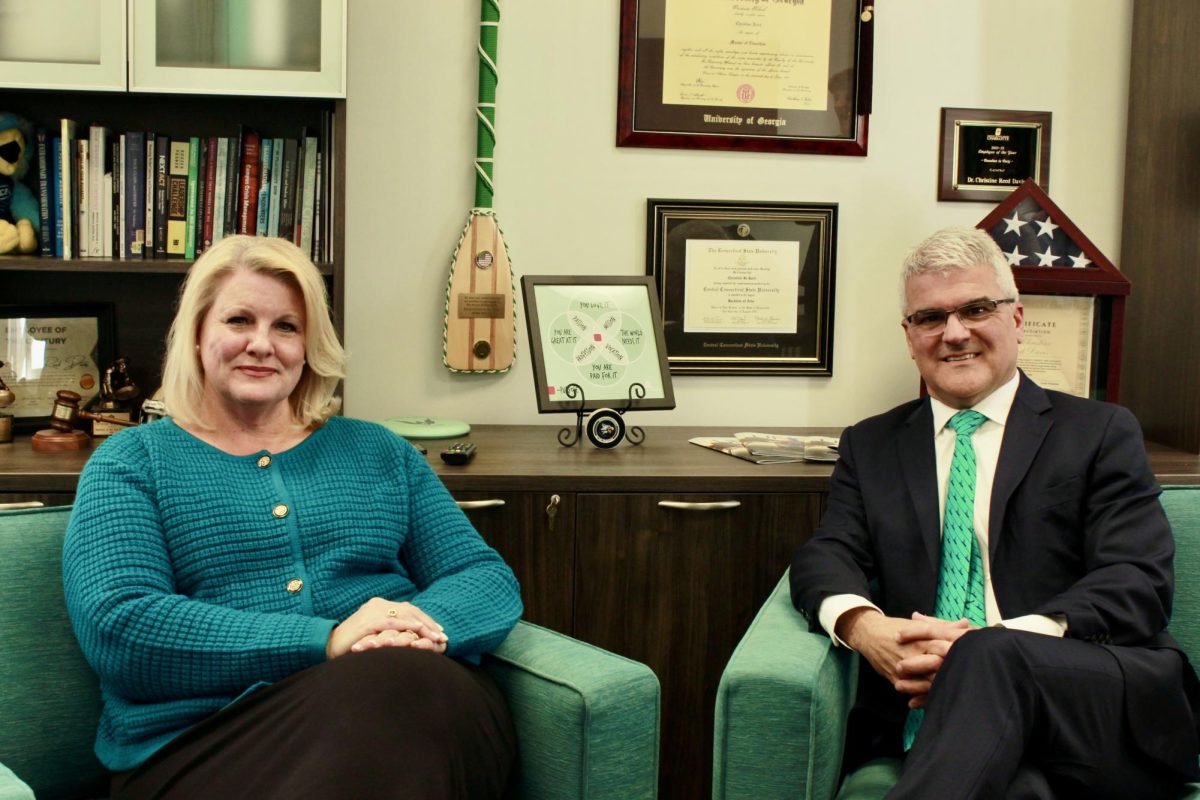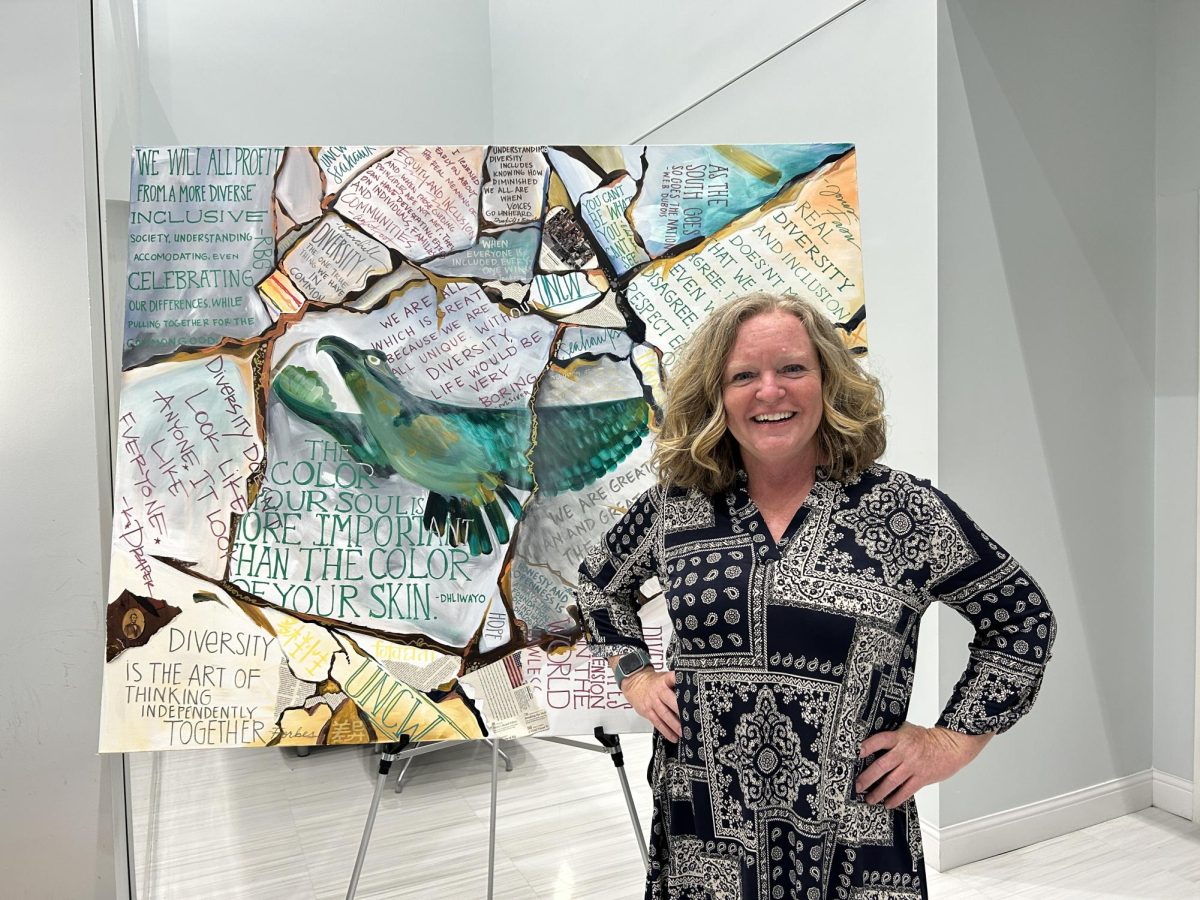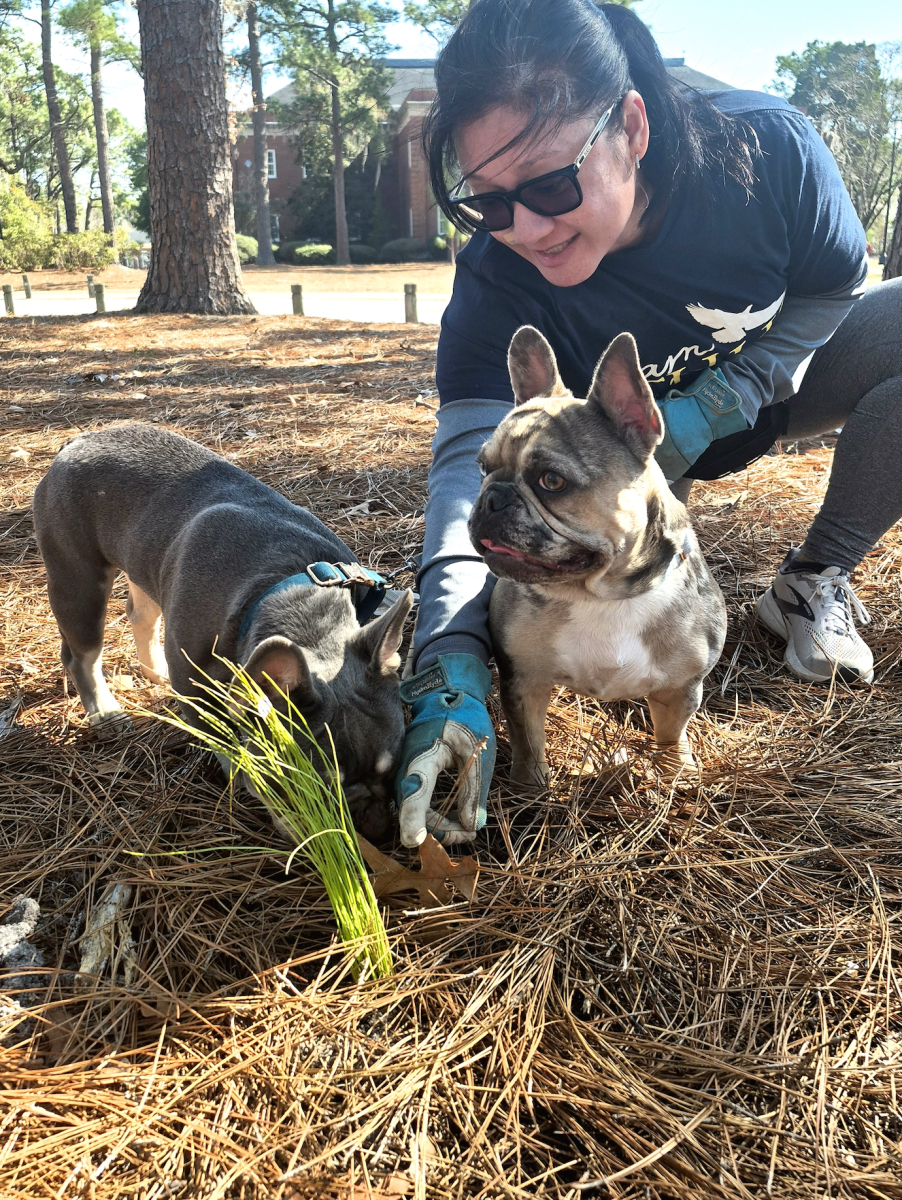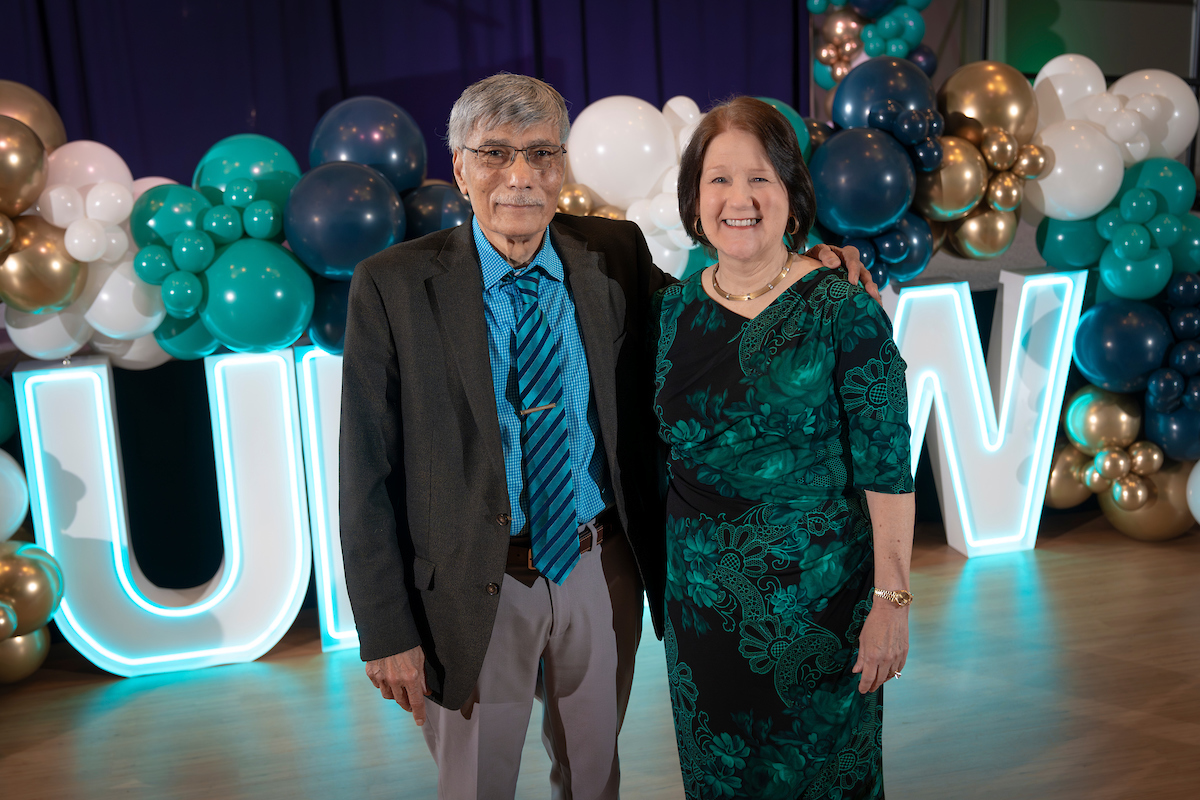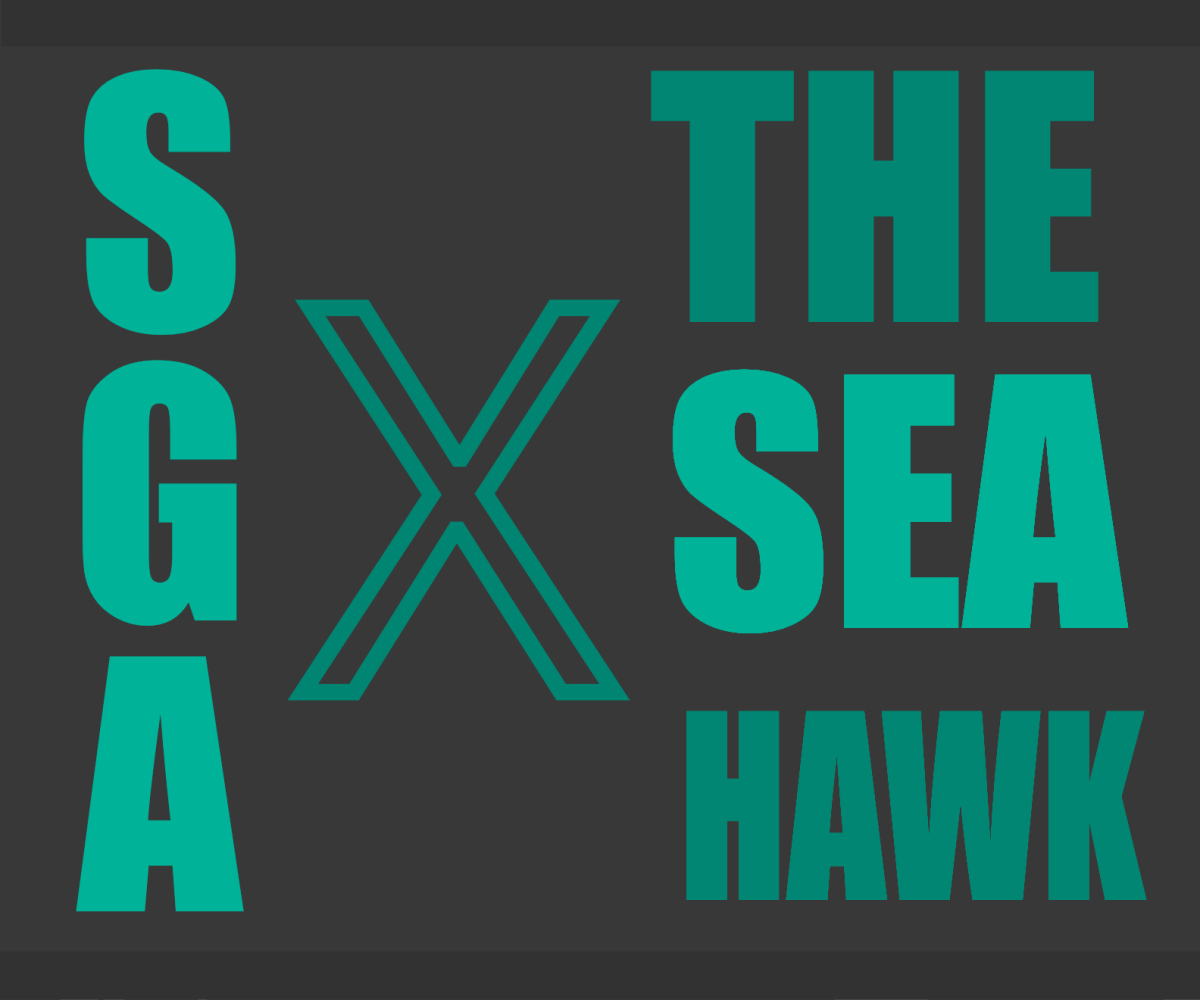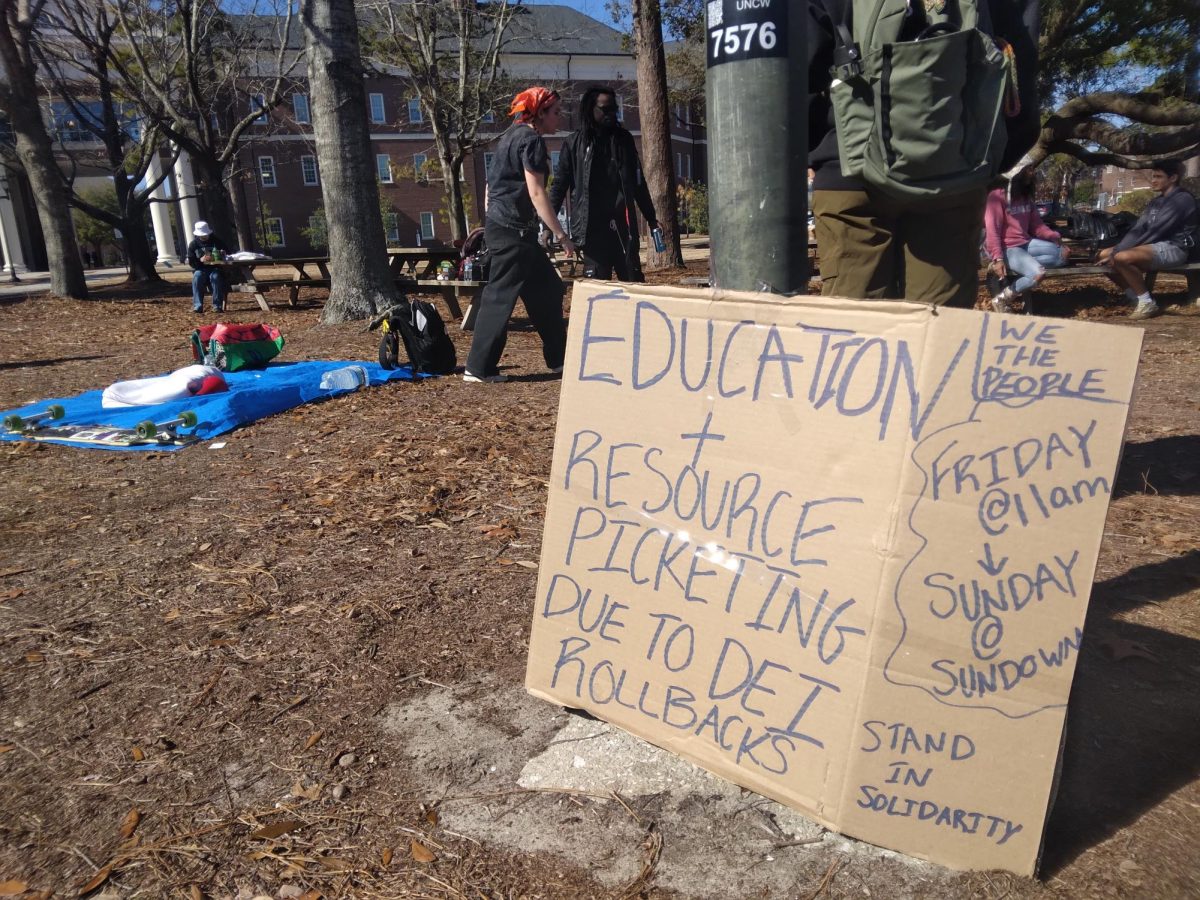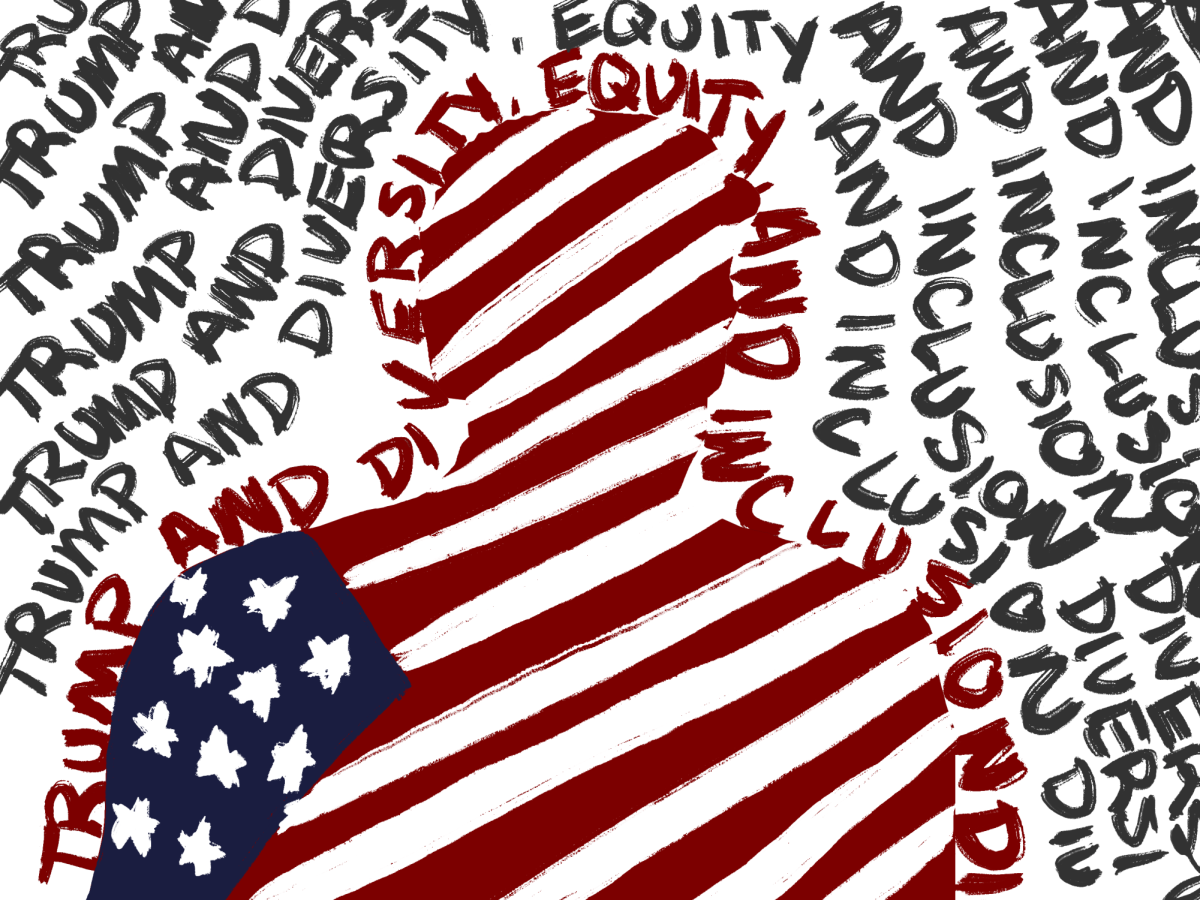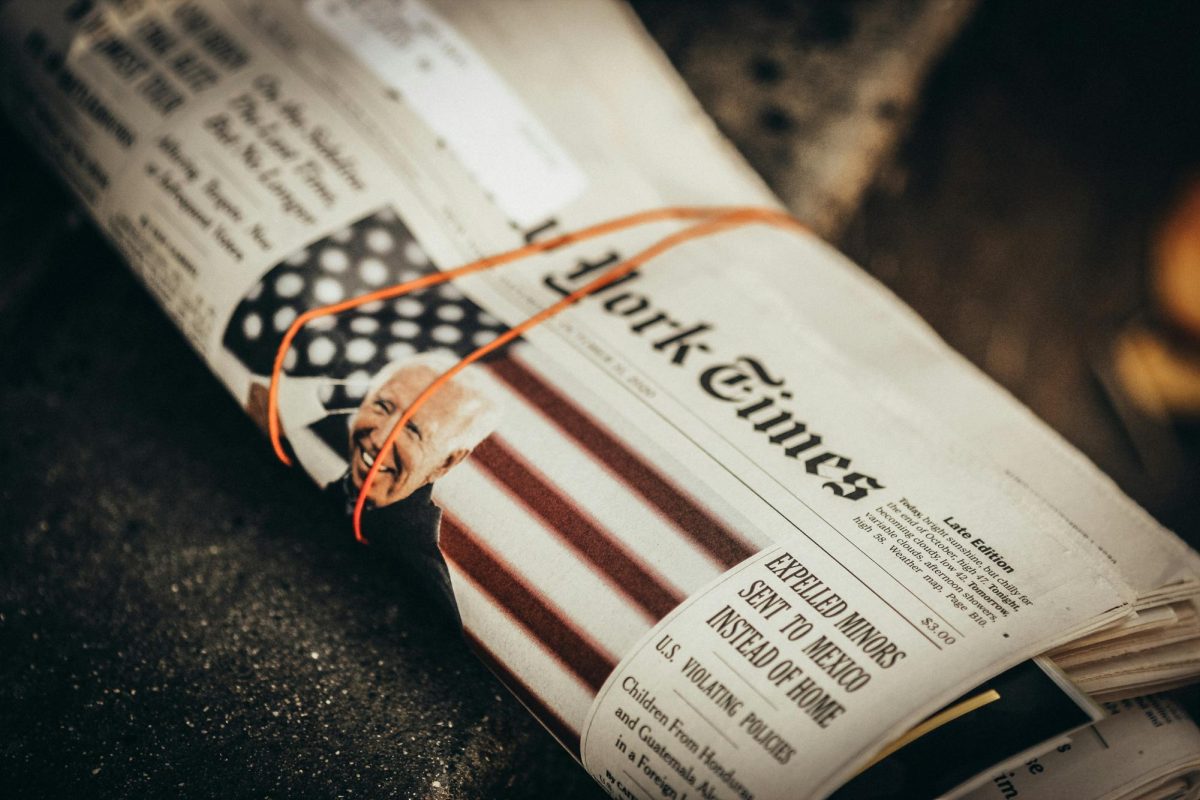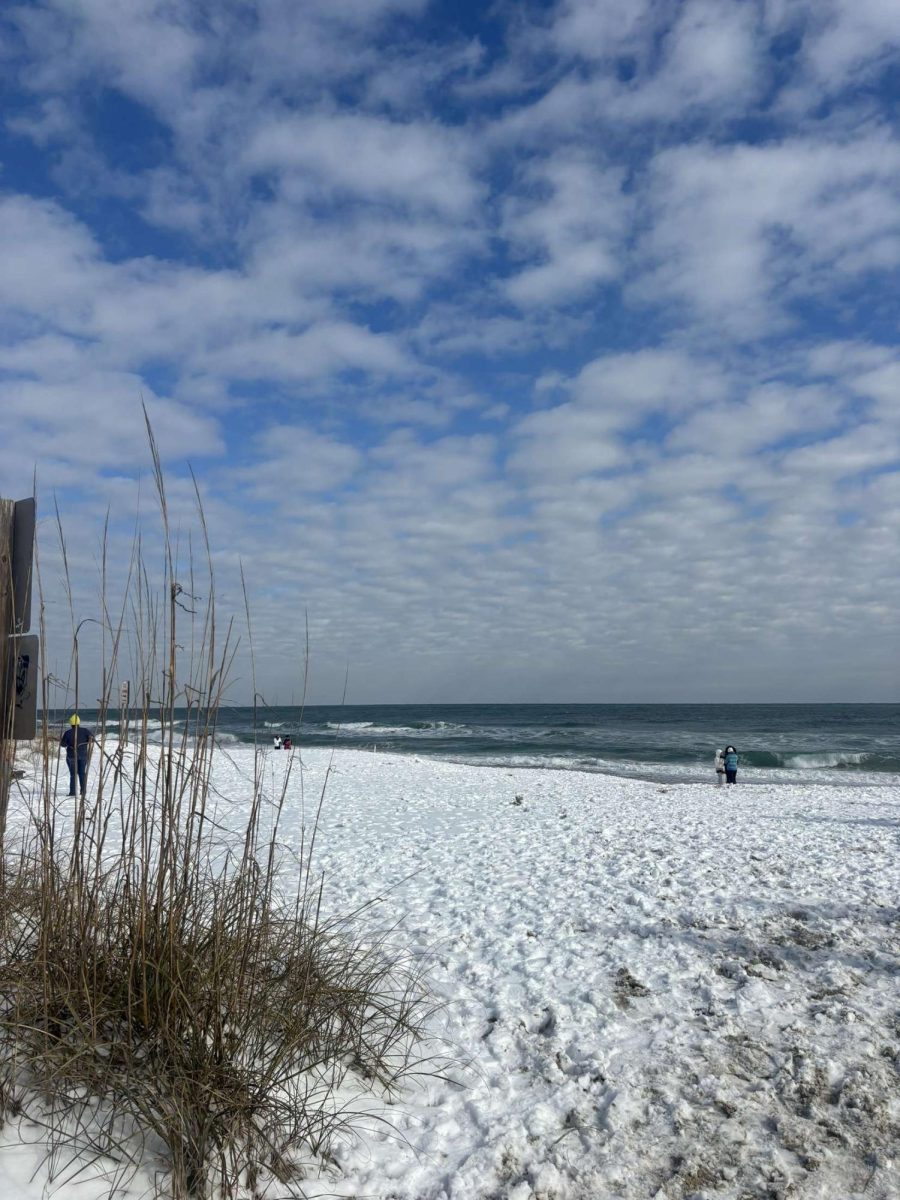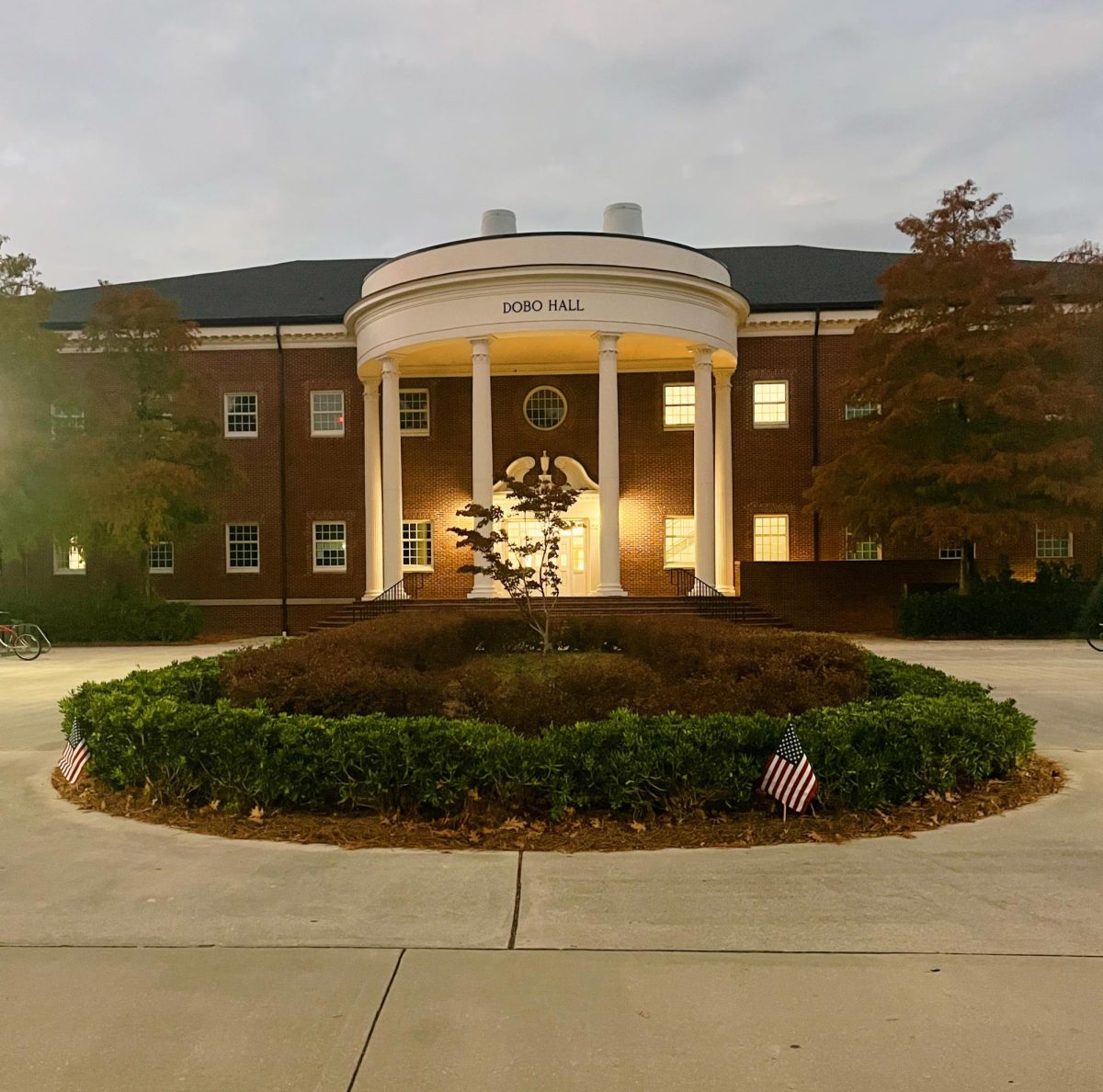
73% of LGBTQ+ students experience sexual assault or harassment on college campuses. As a result, 6% of these students drop out or change their major, according to the research of the Violence Against Women organization. Violence against LGBTQ+ students is disproportionately higher than that of their counterparts, and new DEI cuts may be part of the rising issue.
LGBTQ+ resources are disappearing from campuses left and right, and faculty are less likely to be out. LGBTQ+ research is being cut from universities, and hostility towards them is felt to be rising with every new DEI cut. Lesbians have historically been trailblazers for feminism, but these new policies are impacting the efforts they have been making for decades and are affecting the institutions that house lesbian students.
Since the 1960s, lesbians have been a driving force for feminist movements through protests and the founding of their own organizations to take the shame given to them by the public and turn it into fuel for a movement. Lesbians advocated for equity for women in the workplace, home and the courts, and played a large role in the civil rights and gay rights movements about attitudes toward sexuality. Despite being coined “lavender menaces” by Betty Friedan, founder of the National Organization for Women, lesbians persisted in their fight for equality not only for lesbians but for women in general, taking this derogatory term and turning it into a feminist organization.
“Feminism to me is women consistently supporting other women,” lesbian UNCW student Emily Deaver explained. “I feel like there is an unspoken rule amongst women to always have each other’s backs and I really love that.”
With new DEI policies from the Trump administration requesting that college campuses everywhere eliminate any use of the term DEI or any classes or student organizations that promote these ideas, resources for LGBTQ+ individuals have the potential to be eliminated. UNCW has experienced this personally with the elimination of its own DEI office, the Office of Institutional Diversity and Inclusion.
Directors for all sorts of cultural resource centers on UNCW’s campus have been rehomed and left with directors who used to be coordinators. Brooke Lambert, former director of the LGBTQIA+ resource center on campus since 2016, was rehomed to Campus Recreation as associate director. Similarly, the LGBTQIA Resource Office Program Specialist position was removed, and replaced with the Center Coordinator position, currently held by Asher Persin.
The LGBTQ+ center is just one of these resources being affected.
Cultural centers on UNCW’s campus must now be more careful with the programs they create and the information they put out and ensure their actions don’t cross the line when it comes to the crackdown on DEI on campuses, specifically the UNC system. Administrative staff at any UNC system school are not allowed to establish any official stance on political and social issues, making it difficult for some cultural resource centers on campus to participate in the same activities they did before the policy.
Lesbian students on UNCW’s campus are feeling this tension as new policies arise.
“At first glance, it looks accepting until you actually live there and see their initiatives are just another way to show the school is inclusive and check off a buzz word,” lesbian UNCW student Katy Cunningham explained. “I’m not saying our campus is awfully bad, but I still feel like an outsider holding hands with my girlfriend sometimes, which isn’t the case at all colleges I’ve been to.”
Cunningham explained that she often feels judged for showing the same type of affection that heterosexual couples show on campus. It takes a lot of energy to put up with that judgment that she sometimes does not feel like dealing with.
As a result, she feels like lesbian voices are not adequately heard or brought up in discussions on campus revolving around DEI.
“I think it comes down to homophobia or at least the fear that comes with bringing up sexuality these days in class discussions,” Cunningham said. “People view sexuality as something that can be changed and invalidate it as a whole in comparison to things like race and ethnicity that are viewed as more concrete and easier to talk about.”
Some students, however, are not feeling threatened by these policies and are keeping a more hopeful attitude.
“I feel that the campus is inclusive to all sexual orientations and gender identities,” another lesbian UNCW student, Lindsay Marchant, explained. “There are RAs who are non-binary and have personal sexual preferences, and I’ve seen the LGBTQ+ lounge in the Fisher Center.”
Marchant feels safe and secure with her girlfriend as a support system, as well as her therapist. She does not feel like she has met any challenges for being a lesbian on campus and will continue to be who she is on campus with no shame.
“I’m just myself, and if people like me, great, and if they don’t, they don’t,” Marchant said.
Other students, however, are not holding this same amount of confidence, specifically when it comes to UNCW.
“We had a speaker come onto our campus who was far right-wing leaning with many opinions against our community,” lesbian UNCW student Addison Walters explained. “She outwardly spoke about how trans students and athletes should not get the same opportunities, that they should not even be here, then migrated to say that they are not real people or are confused and will find religion to save them.”
Walters expressed disdain at how openly UNCW accepted this person to come speak on campus, and how she thought the university seemed to promote her presence. After hearing this woman speak on campus, Walters felt like this set an example for students at UNCW that it is okay to make these types of comments against the LGBTQ+ community.
“This makes many students feel unsafe when around peers who have different opinions or viewpoints about our livelihood,” Walters explained.
In a time where many lesbians and women in general feel like new policies are directly affecting them, women are sticking together more than they ever have before. However, many women feel like their fellow peers are unaware of what’s going on, and that it isn’t being talked about enough on campus.
“I don’t think there is a lot of lesbian representation on campus, period, let alone feminism and DEI discussions,” Deaver said.
The simplest things can make a difference on college campuses, whether it’s hiring more LGBTQ+ faculty so that students feel like they have advocates or simply hanging an “all are welcome” sign on the door with a pride flag. These small initiatives can be part of what makes students feel comfortable during an era when many are not feeling that way; however, when political tensions are high, those accepting attitudes are not always reflected by the students inside the classroom.
During our current political climate, lesbians are reaching towards the media to provide some representation. One prominent lesbian figure in pop culture is singer-songwriter Chappell Roan, however, some disagree with her stance on politics on a recent podcast, Call Her Daddy, stating, “why the f**k are you looking to me for some political answer…I’m a pop star. I wish I had the answers.”
Many lesbians are criticizing Roan’s harsh language on this podcast, arguing that she needs to speak up because she built her career off drag and LGBTQ+ culture. However, some lesbians are still sticking by her side. While talking about this topic Roan explained that she feels that she is held to a certain standard when it comes to activism because she is openly gay. Her fans expect her to speak out and tell them what to do, but Roan feels more pressured to speak out than her straight counterparts.
“I get asked a lot of crazy questions that a lot of my peers would not get asked and that’s because I’m gay and that’s because like I have, like, my opinions,” Roan explained on the podcast. “But…I don’t know everything about every topic I have opinions on, like, I don’t know everything about, like, being gay.”
Often, lesbians feel discouraged by the type of representation they receive in pop culture, and the difference in how lesbian celebrities and characters are treated by the media.
“Lesbians are either oversexualized or extremely stereotyped,” Deaver said. “On the rare occasion there is an openly lesbian character that’s normal, the show is canceled.”
While some lesbians have turned towards fellow lesbian couples on TikTok, the representation in media such as film and television are not something they have felt the proudest of. Visibility and community are something that many lesbians on UNCW’s campus emphasized is important to them, and it is something they feel like the media and our own campus are lacking.
“I have heard the f-slur multiple times this year in casual conversation, and fellow students call everything gay, it’s just weird,” Deaver explained. “You meet a lot of people at college and you’re not going to like everyone, but no one should be subjected to slurs.”
With rising tensions surrounding DEI on college campuses, lesbians at UNCW are sticking together. Community is the strongest way to make a difference, and finding like-minded people on campus is a great way to feel comfortable and heard. Not everyone on campus agrees with lesbians and their lifestyle, but there are so many who do. By sticking together and speaking out, lesbians on UNCW’s campus can continue the fight their ancestors made so many years ago.
Despite new policies and changes in administration, the Mohin-Scholz LGBTQIA Resource Center is still pursuing at UNCW. They still offer a safe environment for LGBTQ+ students to visit when they need support and continue to offer events catered towards the LGBTQ+ student body. Other resources on campus that could be useful to LGBTQ+ students include the UNCW Gender Studies and Research Center, the UNCW Care Office and the Sexuality and Gender Alliance Student Organization. UNCW offers a list of these resources and off-campus resources local to Wilmington on the LGBTQIA Local Resource Guide website.
UNCW has the resources and the LGBTQ+ student body necessary to stick together and find community. During a time that may be discouraging, it is important to remember that there is community everywhere, and UNCW is for everyone.



